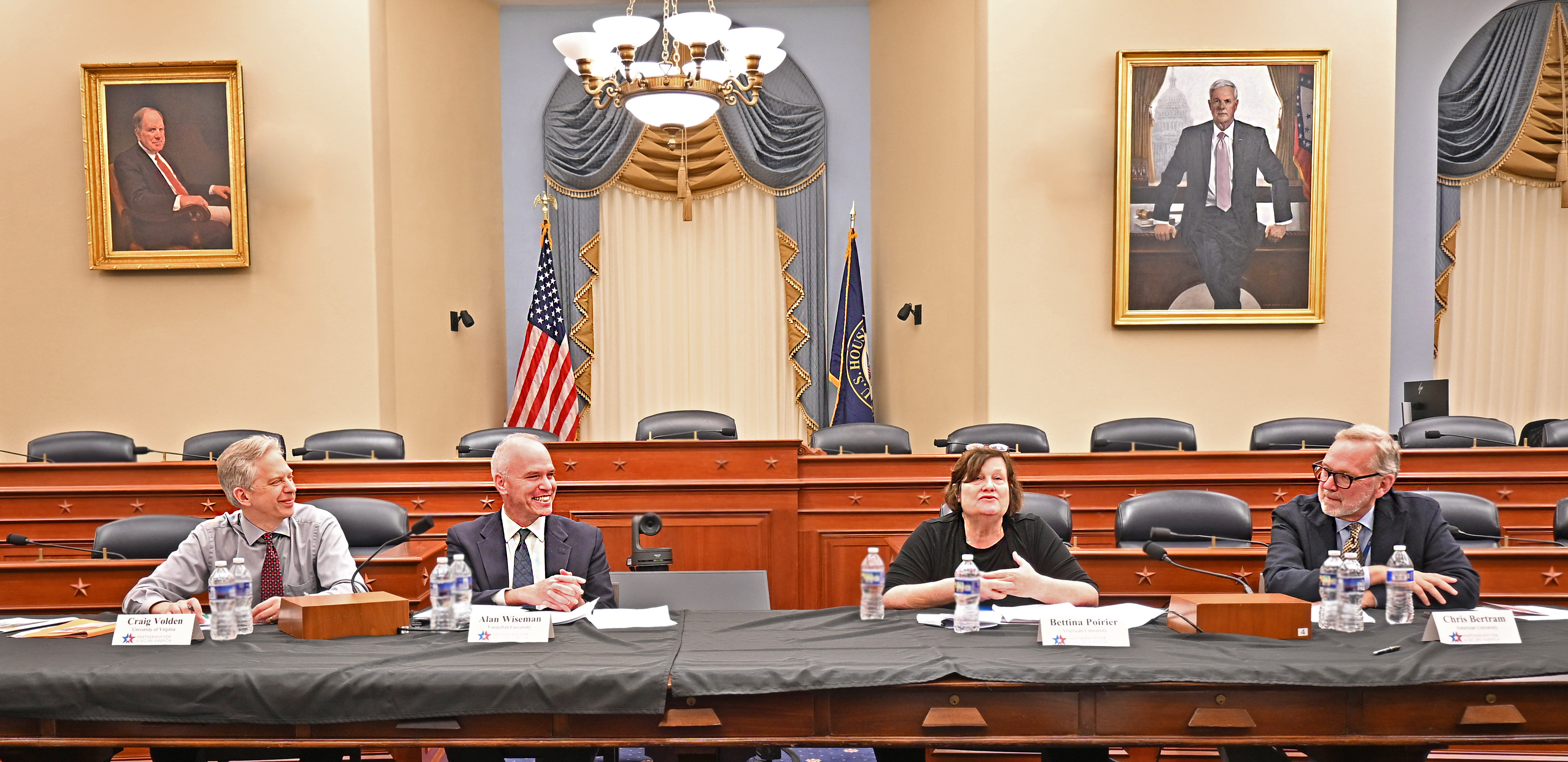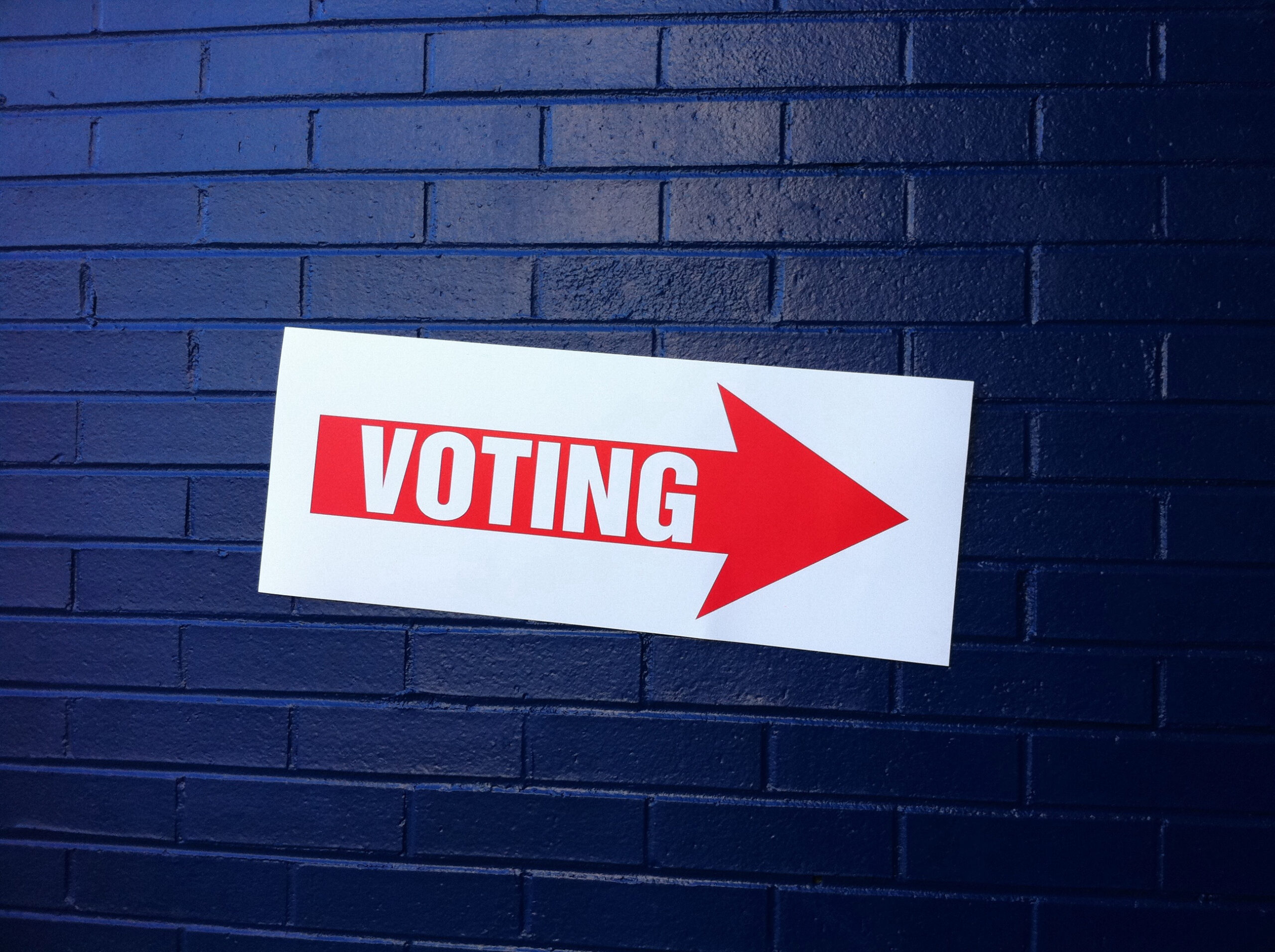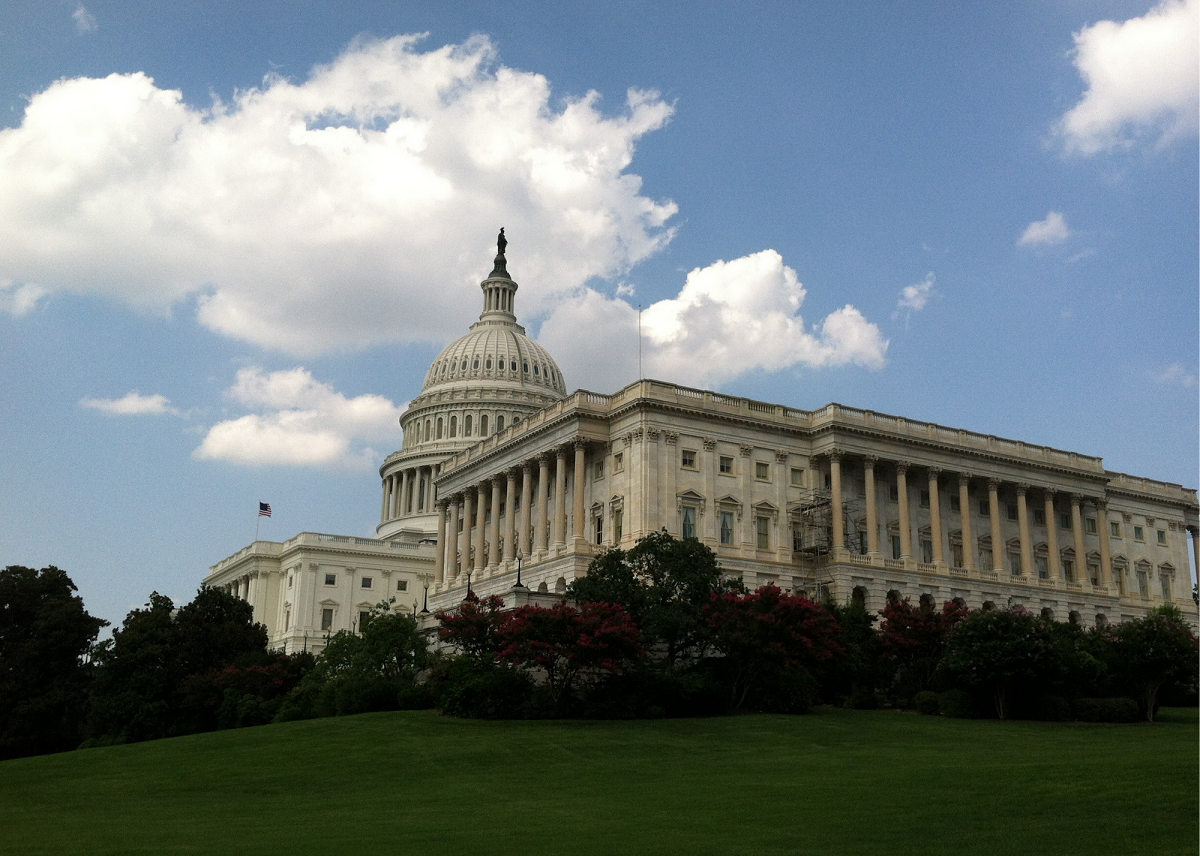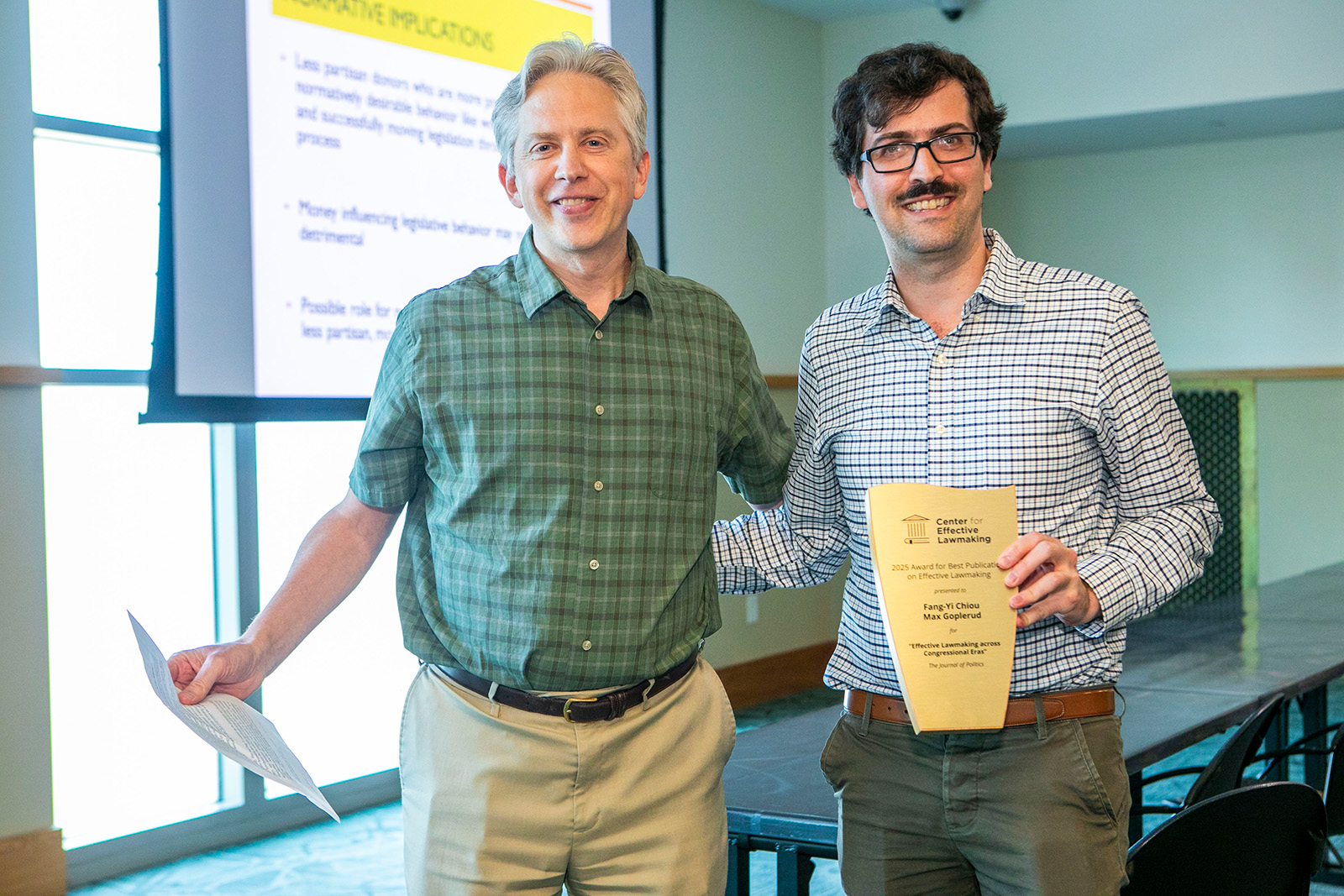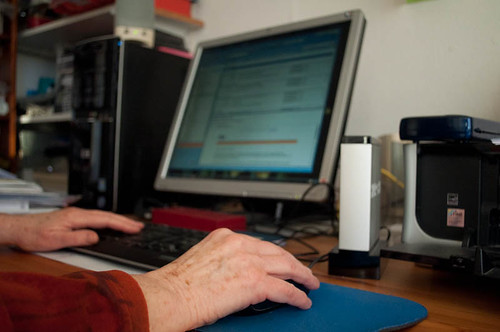The Bipartisan Path Revisited: Collaboration and Legislative Effectiveness in the U.S. States
The Bipartisan Path Revisited: Collaboration and Legislative Effectiveness in the U.S. States Monday, July 21, 2025Does bipartisan collaboration enhance legislative success in U.S. state legislatures, as it does in Congress? This Center for Effective Lawmaking (CEL) working paper extends Harbridge-Yong, Volden, and Wiseman’s (2023) work, which finds that members of Congress are more effective lawmakers when they attract a greater share of cosponsors from the opposing party. Ph.D. candidate (and CEL Graduate Affiliate) Mackenzie R. Dobson adapts their framework to the state level using an original dataset of 401,720 bills…


